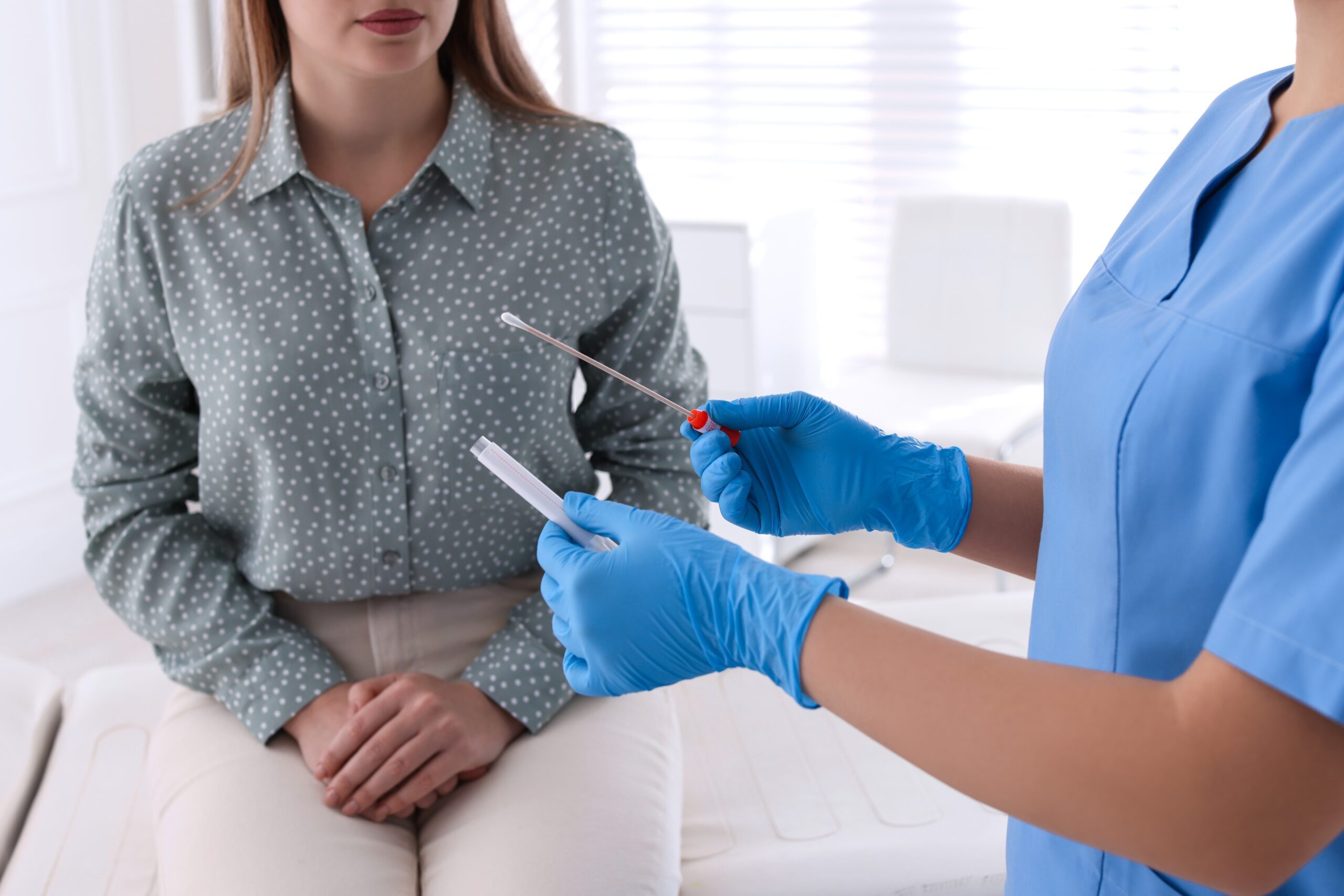You Deserve to Be Heard—And Helped
New guidelines from the American College of Obstetricians and Gynecologists (ACOG) are finally telling doctors what many women have known for decades: gynecological procedures can hurt, and that pain should be taken seriously. For the first time, ACOG is recommending specific pain relief options—like anesthetic creams, sprays, and injections—for procedures like IUD insertions, cervical biopsies, and intrauterine imaging.
This shift didn’t happen in a vacuum. It was fueled by real people, especially women, sharing their stories and demanding better treatment. These updates are an overdue win for bodily autonomy—but they’re also a wake-up call. It’s time to speak up for ourselves, ask the questions that matter, and take charge of our reproductive and sexual health.
What This Means in the Doctor’s Office
Too often, women are expected to “tough it out” through painful procedures with little warning or support. Studies have shown that pain experienced by female patients is more likely to be dismissed, minimized, or misattributed to emotion—especially for women of color. This isn’t just frustrating—it’s dangerous.
According to ACOG and other experts cited in a recent New York Times article, pain management in women’s health has been shaped by both sexism and racism. Black women in particular are more likely to have their symptoms ignored or undertreated, and less likely to be offered pain medication. This systemic issue makes it even more important to advocate for
yourself and others.
Whether you’re going in for an IUD or an STI screening, you have the right to know what’s going to happen, how it might feel, and what can be done to make it more comfortable. Here are some things you can say:
● “What pain relief options are available for this procedure?”
● “Can you walk me through what to expect step by step?”
● “I’ve had uncomfortable exams in the past—how can we make this more manageable?”
Advocating for Your Sexual Health Means Getting Tested
Empowerment doesn’t stop with pain management. It also means being proactive about preventing and treating STIs, even when you feel fine. Many STIs—like chlamydia, gonorrhea, HPV, and even HIV—can be asymptomatic. If left untreated, they can lead to serious long-term health issues, including infertility and increased cancer risk. Knowing your status is key to protecting yourself and your partners. That’s why routine STI testing is essential, especially if:
● You’ve had new or multiple partners
● You don’t always use condoms
● You’re starting a new relationship
● It’s been more than 6 months since your last test
Health Stop STL Makes Advocating for Your Reproductive & Sexual Health Easy and Judgment-Free
At Health Stop STL, we’re here to support your whole sexual health journey—from prevention to protection.
We offer:
● Free STI testing (HIV, chlamydia, gonorrhea, syphilis, and more)
● No ID or insurance required
● Free condoms and PrEP consultations
● A welcoming, confidential environment where you can ask anything
We believe access to care should be equitable, affirming, and empowering. Whether you’ve felt dismissed in other healthcare spaces or just don’t know where to start, Health Stop STL is your one-stop for compassionate support.
Your Reproductive & Sexual Health, Your Voice
The latest changes from ACOG are a reminder: progress happens when people speak out. You don’t have to wait for permission to take care of your body. You have the right to understand your care, ask for better treatment, and get the tools you need to stay healthy.
If you’re due for STD testing—or just ready to feel more in control—visit Health Stop STL today. We’re here to listen, support, and help you protect what matters most: your health.


